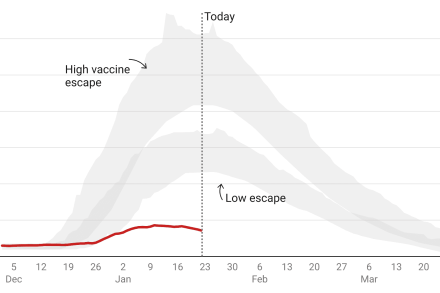The rise and fall of Britain’s fur trade
We in Britain have long been much more squeamish about fur than other Europeans. I still well remember the snide comments I would get even in the 1980s when my German mother would collect me from my London school in the fur coats she insisted on wearing. The ocelot number especially raised eyebrows. The UK’s domestic retail market for fur has always been small. Britain’s half–dozen fur farms were closed when Tony Blair’s government legislated to ban them in 2000. As it was, British manufacturing could never compete with Italy on quality, or with Hong Kong, and then China itself, on price. But the wholesale trade has been a very





















